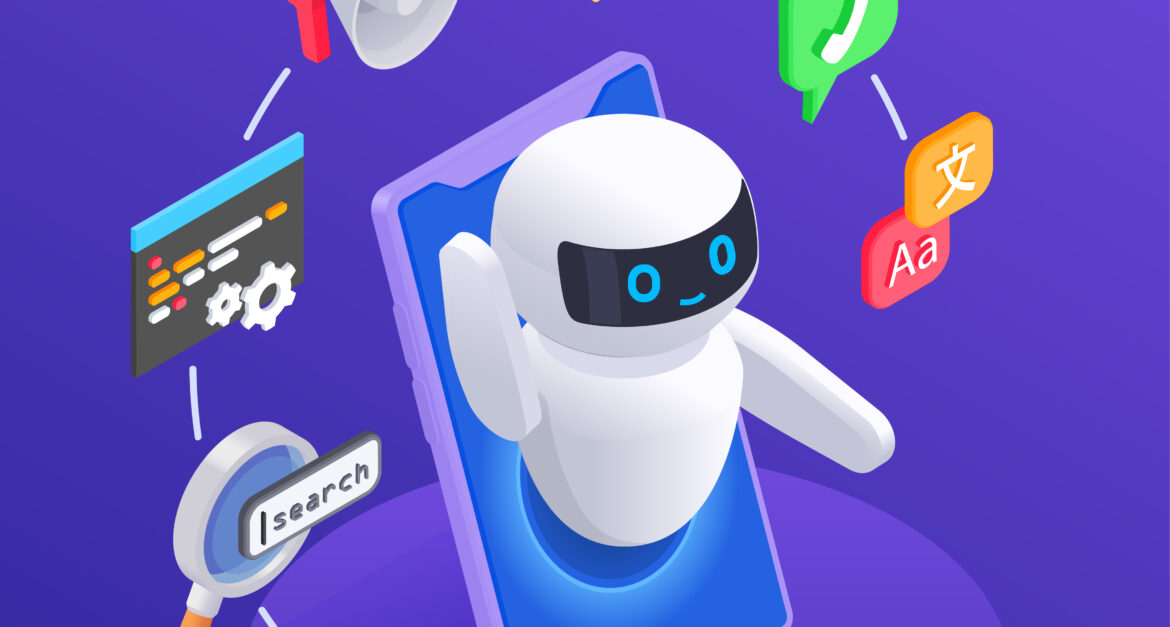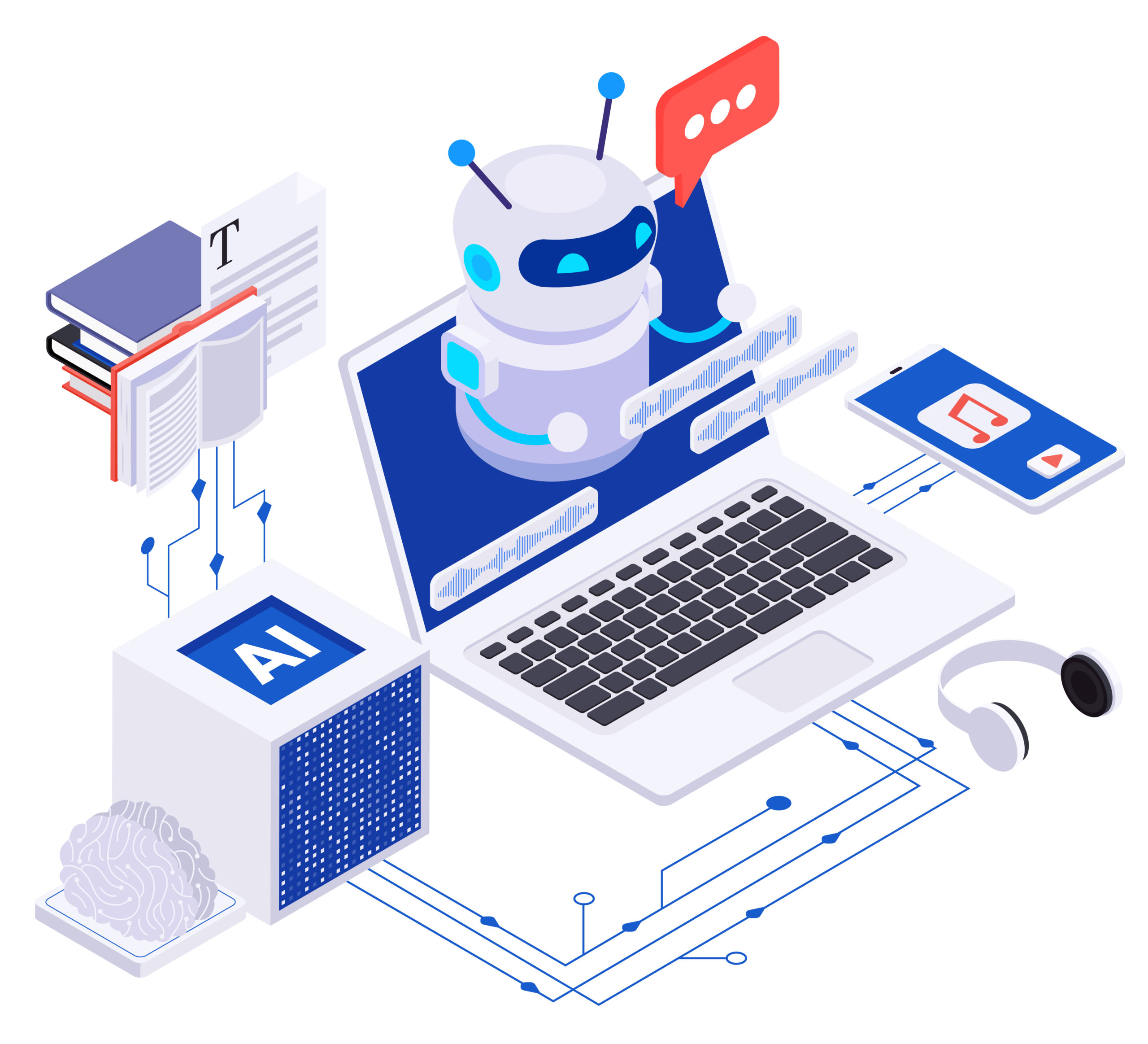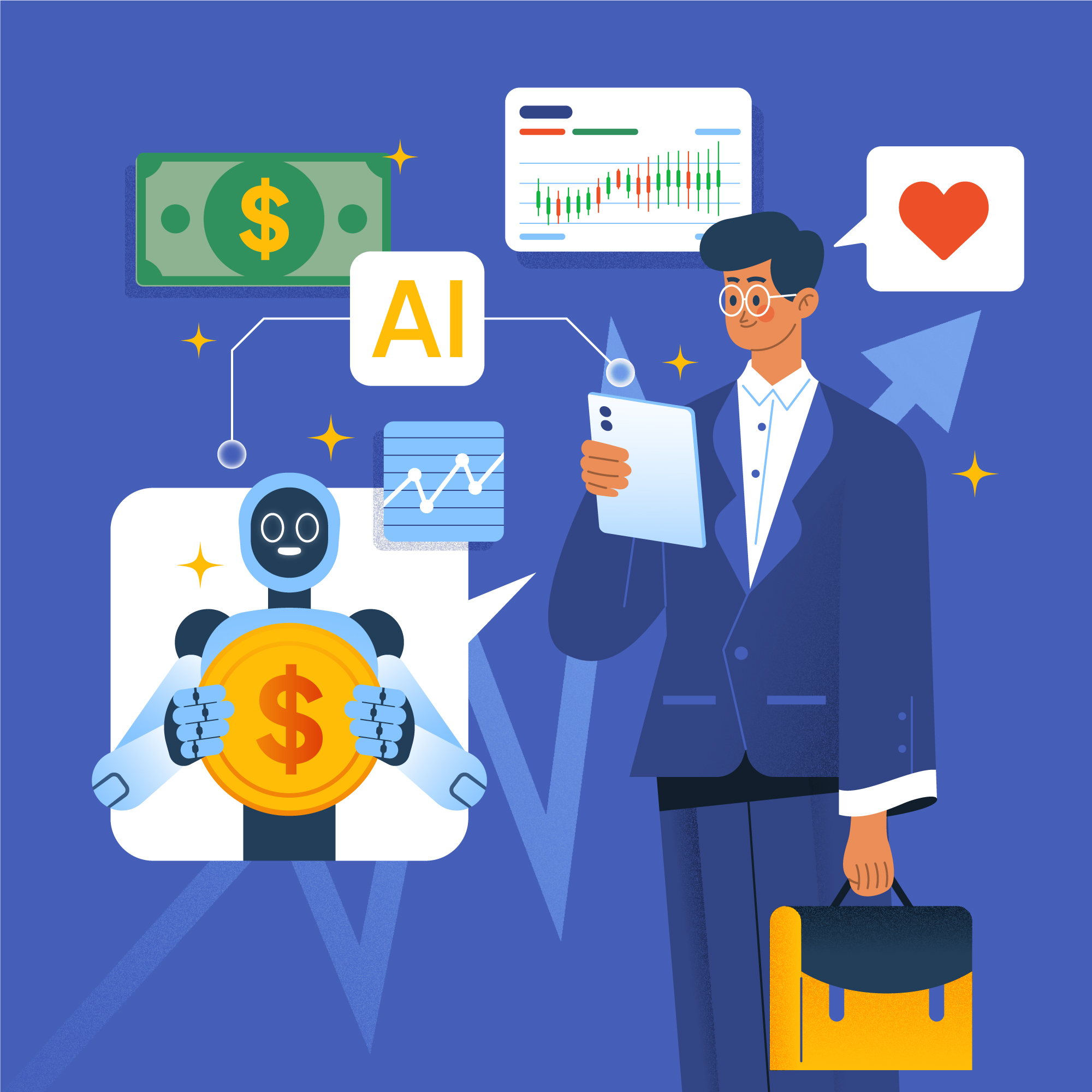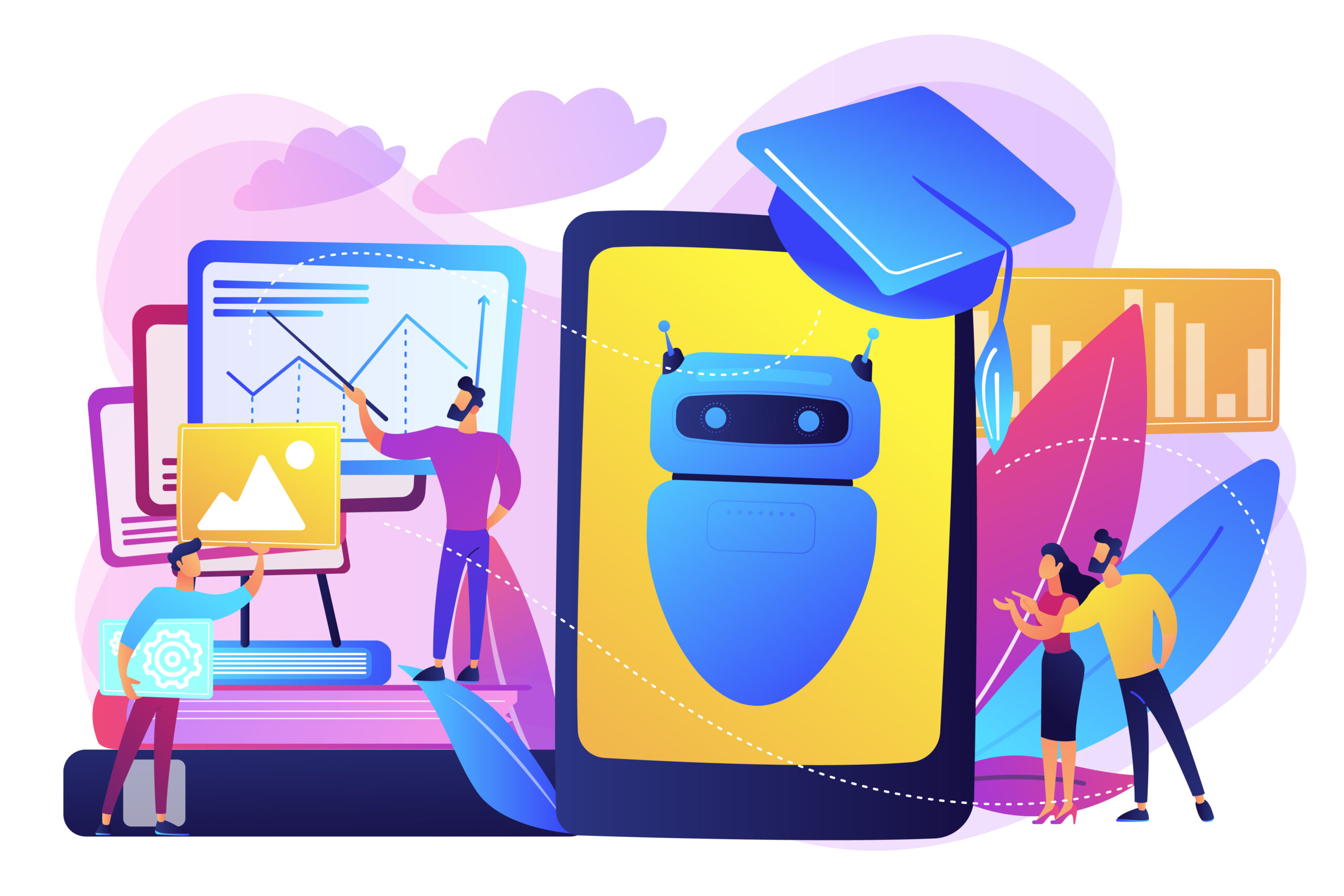
In today’s fast-paced digital landscape, businesses are continually seeking innovative ways to connect with their audiences. One of the most significant game-changers in recent years has been the rise of artificial intelligence (AI) in marketing. AI tools are revolutionizing the way companies approach their marketing strategies, offering unprecedented insights into customer behavior, and enabling hyper-personalized campaigns. Here’s how AI is reshaping modern marketing and how businesses can harness its power to stay ahead of the curve.
AI-Driven Customer Insights
Understanding customer behavior has always been at the heart of effective marketing. However, the sheer volume of data generated in the digital age can be overwhelming. This is where AI comes into play. AI algorithms can process vast amounts of data at lightning speed, identifying patterns and trends that would be impossible for humans to detect.
For instance, AI-powered analytics tools can track customer interactions across multiple channels, from social media to email, and provide detailed insights into what drives customer engagement. These insights enable marketers to understand not just what their customers are doing, but why they are doing it. This deeper understanding allows for more informed decision-making and the ability to predict future behavior, which is invaluable for crafting effective marketing strategies.

Personalization at Scale
One of the most significant benefits of AI in marketing is its ability to deliver personalized experiences at scale. Personalization has become a key expectation among consumers, with studies showing that personalized content can lead to a significant increase in engagement and conversion rates. However, delivering personalized experiences to a large audience is a challenging task—one that AI is uniquely equipped to handle.
AI tools can analyze individual customer data, such as past purchases, browsing behavior, and social media activity, to create highly personalized marketing messages. Whether it’s personalized email campaigns, product recommendations, or targeted ads, AI can ensure that each customer receives content that is relevant to their interests and needs.
Optimizing Marketing Campaigns
AI doesn’t just help with understanding and targeting customers; it also plays a crucial role in optimizing marketing campaigns. From automating repetitive tasks to enhancing creative processes, AI tools can significantly boost the efficiency and effectiveness of marketing efforts.
For example, AI-powered platforms can automatically optimize ad spend by analyzing real-time performance data and adjusting bids accordingly. This ensures that marketing budgets are allocated to the most effective channels and campaigns, maximizing return on investment (ROI). Additionally, AI can assist in A/B testing by quickly identifying which versions of a campaign perform best, allowing marketers to iterate and improve their strategies in real-time.

Enhancing Customer Experience
Customer experience is a critical differentiator in today’s competitive marketplace. AI is playing a pivotal role in enhancing customer interactions by enabling more responsive and personalized communication. Chatbots, powered by AI, are now capable of handling a wide range of customer inquiries, providing instant support, and even upselling products based on customer preferences.
Moreover, AI can predict customer needs before they even arise. By analyzing historical data and current trends, AI can anticipate what a customer might be interested in and offer relevant suggestions proactively. This level of responsiveness not only improves customer satisfaction but also fosters brand loyalty.
Implementing AI in Your Marketing Strategy
While the benefits of AI in marketing are clear, implementing these technologies can seem daunting, especially for small to medium-sized businesses. However, the key is to start small and gradually integrate AI tools into your existing marketing strategy.
Begin by identifying areas where AI can have the most immediate impact. This could be automating routine tasks, such as email marketing or social media management, or using AI-powered analytics to gain deeper insights into your customer base. As you become more comfortable with AI tools, you can explore more advanced applications, such as predictive analytics and personalized content creation.
It’s also essential to invest in the right AI tools and platforms. With a plethora of options available, it’s crucial to choose solutions that align with your business goals and offer scalability as your needs evolve. Partnering with a reputable AI service provider can also help ensure a smooth implementation process and ongoing support.

Conclusion
AI is no longer a futuristic concept; it is a reality that is transforming the marketing landscape. By leveraging AI tools, businesses can gain a competitive edge by understanding their customers better, delivering personalized experiences, and optimizing their marketing efforts. As AI continues to evolve, its role in marketing will only become more integral, making it essential for businesses of all sizes to embrace this technology and harness its power to drive growth and success.






